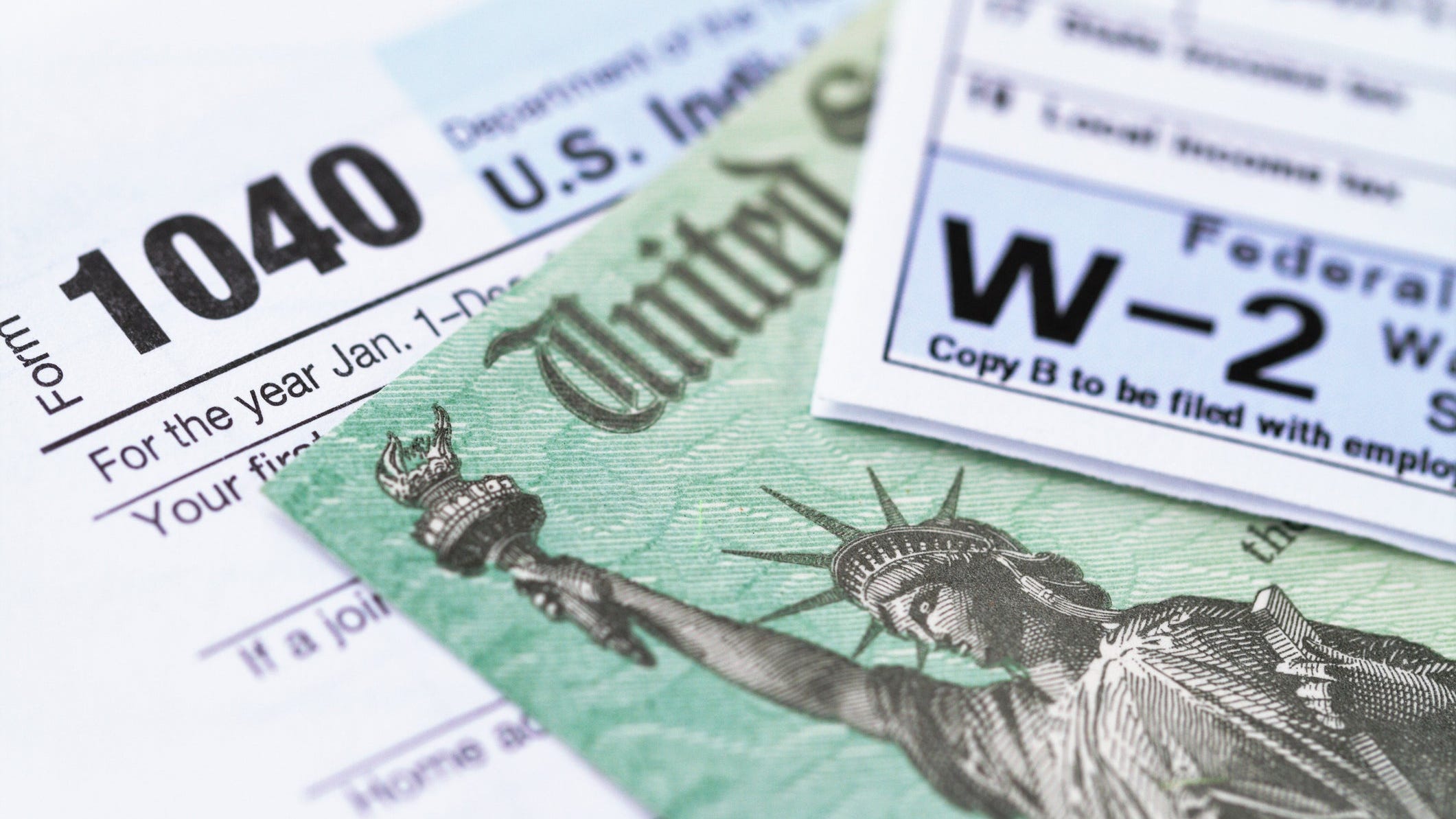
Some people whose incomes jumped in 2019 or 2020 compared with their earlier tax returns – which the IRS relied on to determine whether they qualified for the payments – may be in this situation.
“If your economic situation change – let's say you qualified based on 2018 or 2019 income because it was lower, but your economic situation improved for 2020 – the IRS actually can't ask for any of that money back,†Bronnenkant adds.First, check your two stimulus payments against your 2020 adjusted gross income as well as your family situation.That’s because the IRS based your two stimulus checks on either your 2019 or 2018 tax returns – but your income or family size could have changed in 2020.
For instance, the stimulus checks directed a combined $1,100 to each dependent child 16 and under – but if you had a baby in 2020, the IRS wouldn’t have known that given the tax agency won’t start accepting 2020 tax returns until Feb.Taxpayers might not have qualified for the full stimulus checks if their earnings were above the income cutoff based on their 2018 or 2019 tax returns.That means some people who didn’t qualify for the full payments based on their 2018 or 2019 tax returns might qualify in 2020 if their income was lower last year.
But as Betterment’s Bronnenkant noted above, if you received stimulus payments based on older tax returns but don’t actually qualify based on your 2020 returns, you won’t have to pay back the IRS.